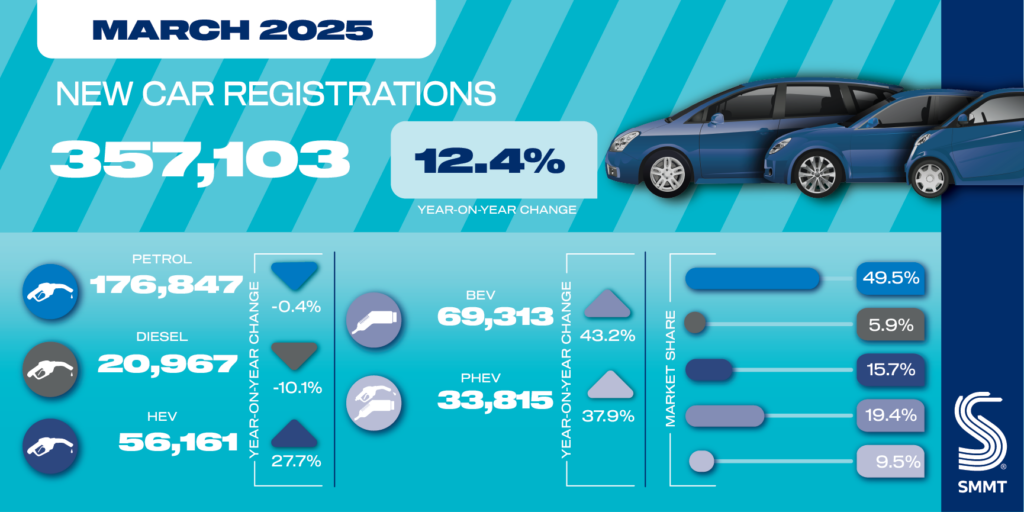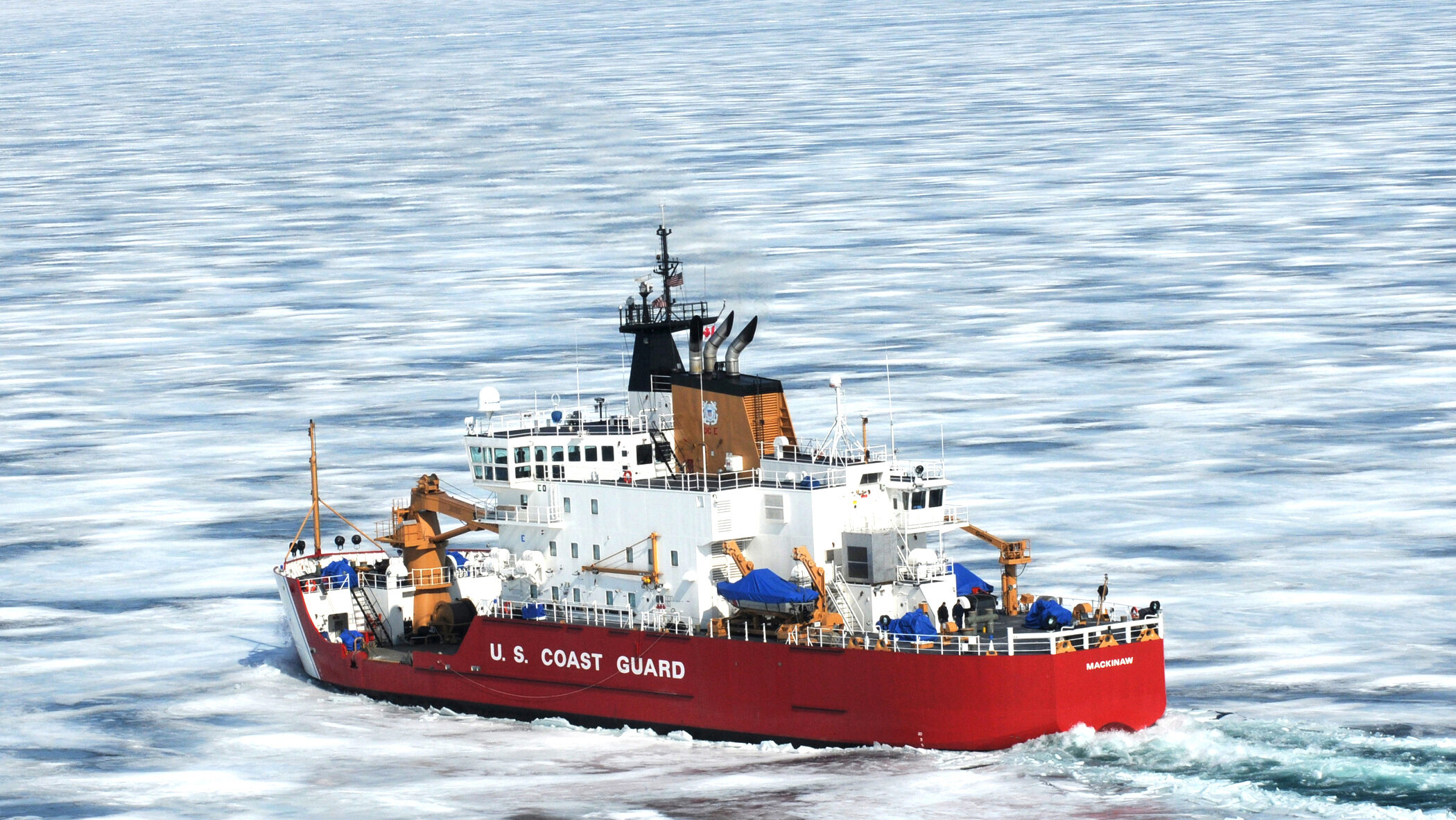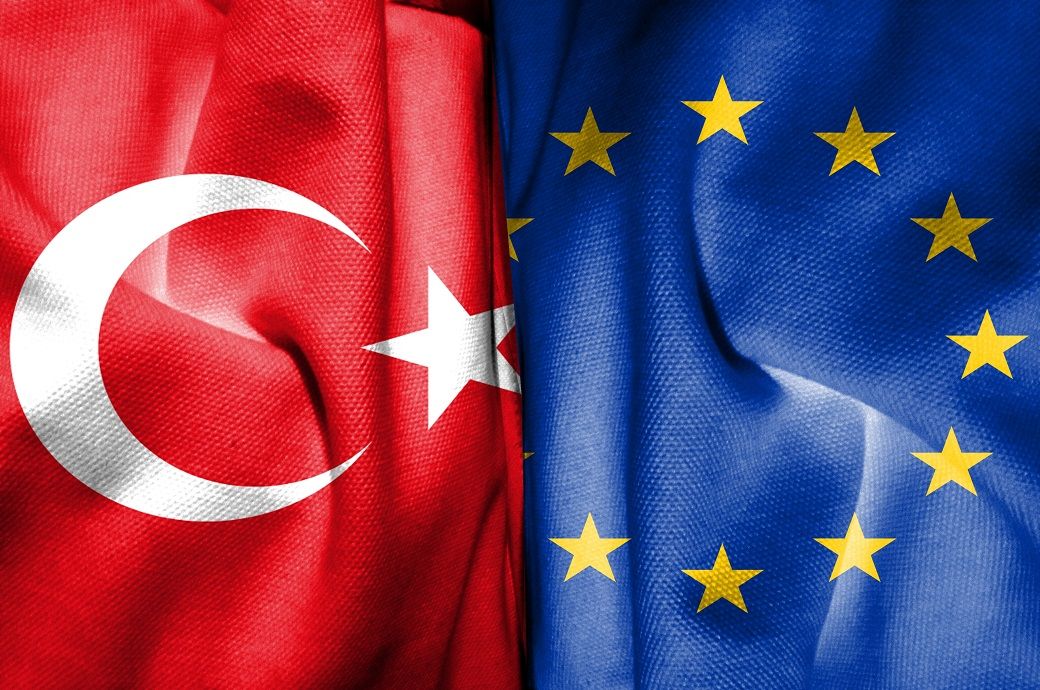Social knowledge about others is anchored to self-knowledge in the hippocampal formation
by Marta Rodríguez Aramendía, Mariachiara Esposito, Raphael Kaplan Mounting evidence suggests the human hippocampal formation (HF) maps how different people’s attributes relate to each other. Yet, it’s unclear if hippocampal map-like knowledge representations of other people are shaped by self-knowledge. Here, we test if a prominent heuristic involving an implicit reliance on self-knowledge when rating others, egocentric anchoring-and-adjustment, is present in the HF when relational information about different social entities is retrieved. Participants first provided likelihood ratings of partaking in everyday activities for themselves, fictitious individuals, and familiar social groups. During a neuroimaging task that doesn’t require using self-knowledge, participants then learned a stranger’s preference for an activity relative to one of the fictitious individuals and inferred how the stranger’s preference related to the groups’ preferences. Isolating the neural representation of egocentric anchoring when retrieving relational social knowledge, the HF and dorsomedial prefrontal cortex (dmPFC) represented group entities’ preferences relative to the self. Furthermore, the HF selectively represented group identity over other learned entities, confirming the HF was primarily engaged by social comparisons in the more ample map-like reference frame. Taken together, these results imply that self-knowledge implicitly influences how the HF learns about others.
by Marta Rodríguez Aramendía, Mariachiara Esposito, Raphael Kaplan Mounting evidence suggests the human hippocampal formation (HF) maps how different people’s attributes relate to each other. Yet, it’s unclear if hippocampal map-like knowledge representations of other people are shaped by self-knowledge. Here, we test if a prominent heuristic involving an implicit reliance on self-knowledge when rating others, egocentric anchoring-and-adjustment, is present in the HF when relational information about different social entities is retrieved. Participants first provided likelihood ratings of partaking in everyday activities for themselves, fictitious individuals, and familiar social groups. During a neuroimaging task that doesn’t require using self-knowledge, participants then learned a stranger’s preference for an activity relative to one of the fictitious individuals and inferred how the stranger’s preference related to the groups’ preferences. Isolating the neural representation of egocentric anchoring when retrieving relational social knowledge, the HF and dorsomedial prefrontal cortex (dmPFC) represented group entities’ preferences relative to the self. Furthermore, the HF selectively represented group identity over other learned entities, confirming the HF was primarily engaged by social comparisons in the more ample map-like reference frame. Taken together, these results imply that self-knowledge implicitly influences how the HF learns about others.





















































































































































































